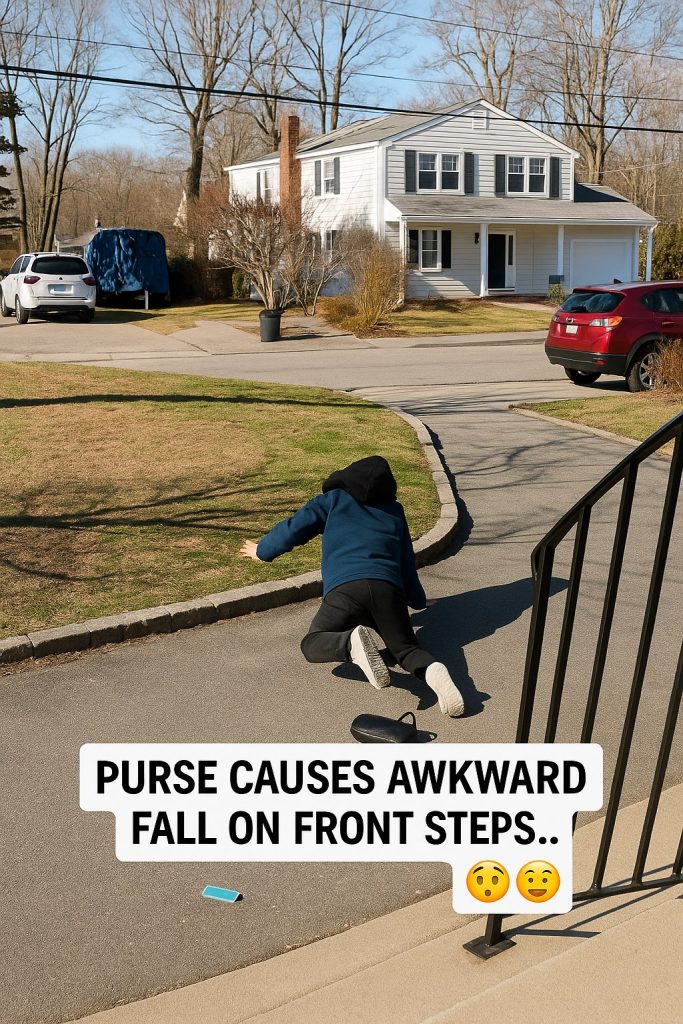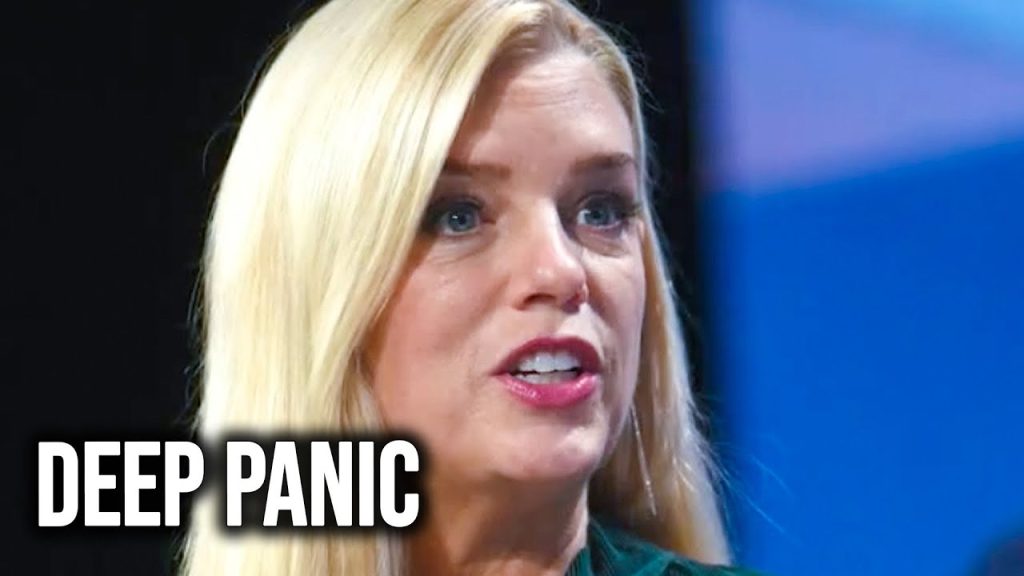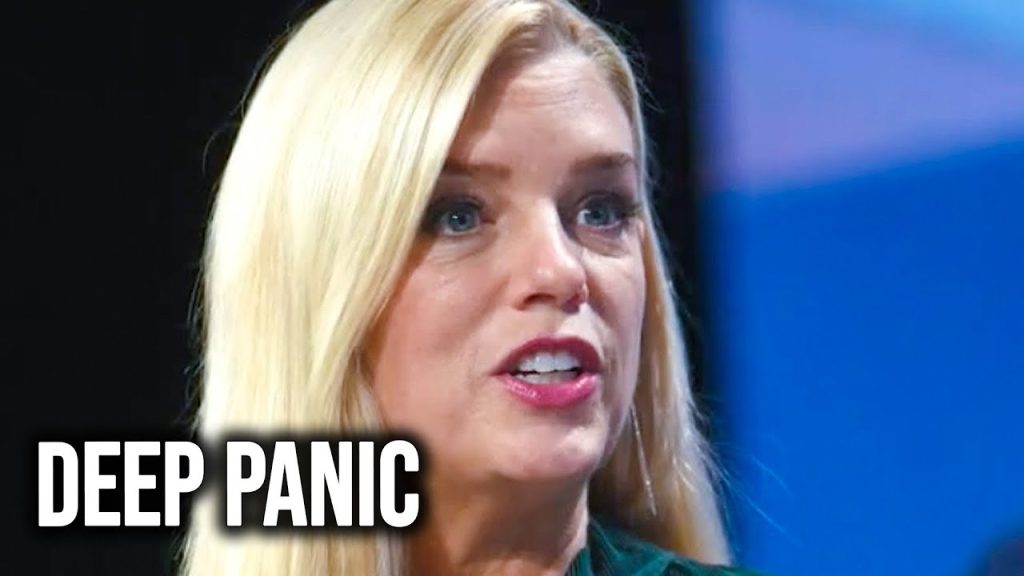In an era where every moment is documented, shared, and often immortalized online, a curious trend has emerged in 2024: a growing number of social media users are hurriedly deleting evidence of their own embarrassing or regrettable moments. The cryptic online phrase “I would have to delete any evidence of this happening 😂💀” has become a widespread meme and rallying cry, reflecting a modern dilemma where privacy, reputation, and digital permanence collide.
Across platforms such as TikTok, Twitter, and Instagram, this sentiment has been echoed by users who recount episodes that, in hindsight, they wish had never been broadcast. From awkward live broadcasts and misunderstood jokes to unintentional blunders caught on camera, the urge to erase these moments from the digital footprint has never been stronger.
Why the sudden urge to delete? Experts point to several factors shaping this behavior in 2024:
- Growing awareness of digital footprints: Users are becoming more conscious that posts—even those meant as jokes or passing moments—can resurface indefinitely, influencing professional and personal reputations.
- Increased social accountability: Cancel culture and viral shaming have heightened anxieties around past mistakes, leading many to try to pre-emptively sanitize their online presence.
- Platform changes: New features that allow easier mass deletion or temporary content have empowered users to remove incriminating posts quickly.
The phenomenon isn’t limited to everyday users. Public figures, influencers, and celebrities are also known to delete posts rapidly following backlash or self-realization of a misstep. In fact, some have admitted in interviews that their teams routinely scour social profiles to remove any “damaging” content, highlighting an ongoing tug-of-war between authenticity and image management.
Interestingly, new software tools and services designed to recover deleted social media content have also surfaced, making the concept of a truly “deleted” post increasingly questionable. Despite the effort to erase evidence, digital footprints often linger in screenshots, archives, or web caches, meaning a deleted post can sometimes fuel even greater curiosity and viral spread.
Social scientists studying these behaviors note a generational divide: younger users often oscillate between a carefree approach to social sharing and a strategic notion of curation, leading to what some call “digital post-traumatic stress.” They find themselves simultaneously craving viral fame and fearful of permanent digital judgment.
So, what does this all mean for the future of online sharing? One thing is clear—the tension between wanting to capture life’s moments and wanting control over how those moments are perceived is shaping social media in profound ways. The phrase “I would have to delete any evidence of this happening 😂💀” has become a humorous yet meaningful emblem of this cultural shift.
For users navigating this landscape, experts suggest fostering digital mindfulness: think twice before posting, embrace imperfection, and remember that a single upload may never truly disappear. After all, in the 24/7 connected world of 2024, sometimes the best decision is to laugh at a mistake, rather than frantically delete it.



